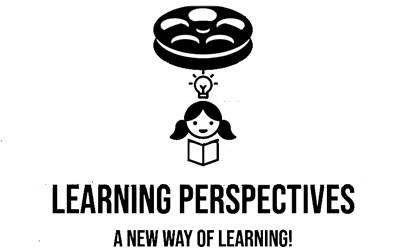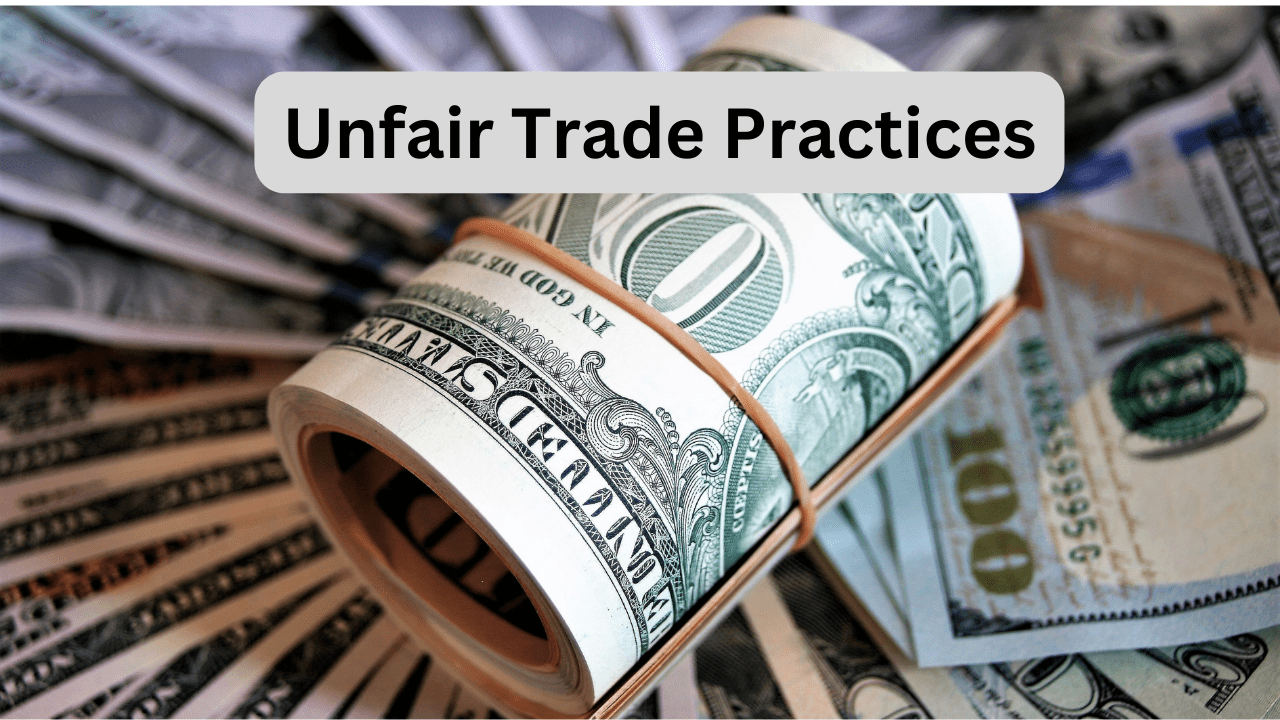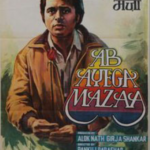Definition- Unfair Trade Practices
People engage in unfair trade tactics to run their firms unethically. Some examples of these practices include deception, lies, misrepresentation, and non-compliance. Such acts are considered against the law. Hence, they are known as deceptive trade practices or unfair trade practices.
Movie Case Study
The above scene comes from the movie Sarfarosh. The scene depicts undercover policemen investigating someone called ‘Mirchi Seth’, Mirchi Seth trades Mirchi or chilies across the border, however, after investigation, it turns out he also smuggles weapons and drugs under the guise of chilies.
What Mirchi Seth is indulging in is known as unfair trade practices.
Understanding Unfair Trade Practices
- Making incorrect or deceptive promises about a good or service is known as false advertising.
- Price fixing is the practice of conspiring with rivals to artificially raise or lower prices to reduce competition.
- Monopolistic behavior is when a company uses its dominant position in the market to drive out rivals or control prices.
- Selling products in overseas markets for less than the cost of production to overtake rivals and increase market dominance is known as “dumping.”
- Predatory pricing refers to temporarily cutting prices to force rivals out of business, then raising them when that competition wanes.
- Bait-and-switch: Promoting a product at a discount to draw clients, then trying to upsell them on a more costly one.
- Refusal to Deal: The act of not doing business with suppliers or rivals to preserve market supremacy.
Unfair trade practices cause an injury to the consumer. Deceptive practices can mean misleading the customer and they may suffer huge financial losses.
Consumer Protection Act
To uphold fair competition and safeguard consumers, governments frequently pass laws and regulations that prohibit and penalize unfair trade practices. Investigating and prosecuting cases of unfair commercial practices is the responsibility of enforcement agencies like the Federal Commercial Commission (FTC) in the United States and comparable organizations in other nations.
In India, the Consumer Protection Act of 1986 came into being. This was done to provide quick redressal and penalize unfair practices.








